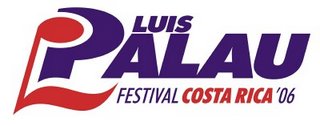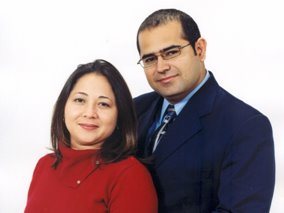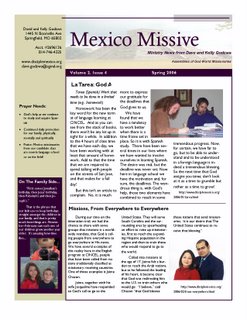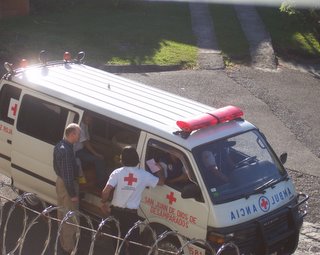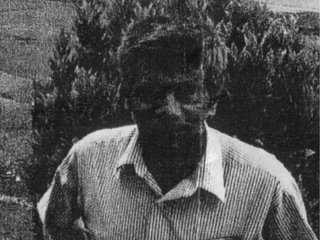 Kelly and I were on our way out last Thursday for a rare afternoon date, when we were greeted by a well dressed man, named Ronald, who claimed to be looking for fellow students, David and Carolyn Huneycutt. Thinking him to be a pastor or friend of David and Carol, we proceeded to listen to his story:
Kelly and I were on our way out last Thursday for a rare afternoon date, when we were greeted by a well dressed man, named Ronald, who claimed to be looking for fellow students, David and Carolyn Huneycutt. Thinking him to be a pastor or friend of David and Carol, we proceeded to listen to his story:
He was a new Christian, with a sick wife, children to care for, and a job to go to, but with no one to leave his children. His mother-in-law could care for them, but insisted that he bring the children to her. However, he didn’t have the money to pay for the bus fare. He had sought help from the church, but he told us that he had been turned away because he didn’t have an appointment.
Thinking it terrible that this man would have to deal with this problem by himself, we wanted to help as best as we could, since of course he was some acquaintence of a fellow student, so I asked him how much the bus fare was. He told me for the trip there and back I would cost somewhere around $8. Feeling that we couldn’t watch his children for him, I asked Kelly for the money thinking that it was the least that we could do. She gave it to me, but was a bit suspicious of the whole situation. I handed it over and prayed for the man, knowing that time was becoming scarce and believing that we would be providing a tangible proof of the love of God.
We went away happy to have helped Ronald, but questioning our action. Was it the right thing to do? I had satisfied myself with the fact that Jesus himself had gotten involved with physical needs of the people. But we found out the next day that Kelly was right to have been suspicious. In all of our mailboxes was a description and picture of Ronald. You can see the notice by clicking on the picture to the left or clicking here. The suposedly “new Christian” in reality had been hitting the missionary language schools (CINCEL and ILE), preying on students goodwill and desire help out a brother in need. The man probably had robbed several of hundreds of dollars of money with his story, as several fellow students had explained to me that they too had believed his story.
I sat through that moning worship service in disgust. Thinking, “How could a man do such a thing?”, but later disgusted with myself thinking, “How is it that I believed him? Aren’t Christians supposed to be more discerning?” I thought of ways that I could proctect myself in the future, like vowing to never give money to a stranger again, and that might be the course to take, but something inside me hesitates. Shouldn’t we be willing to be vulnerable to those in need?
I think my conclusion, is that giving money, without also being willing to be involved in a relationship with the individual is always a bad policy. If we had offered to watch the man’s four children, we would have had to possibly rearrange our schedule, but we would have called his bluff. Still, if the man had a real need, we would have been able to meet it in a more practical and caring way, and perhaps even seen another family being drawn closer to our Savior.
This interaction has left me with much to think about, and the realization that I have much to learn about being a missionary here in Latin America. I’m thankful that God gives on the job training.


